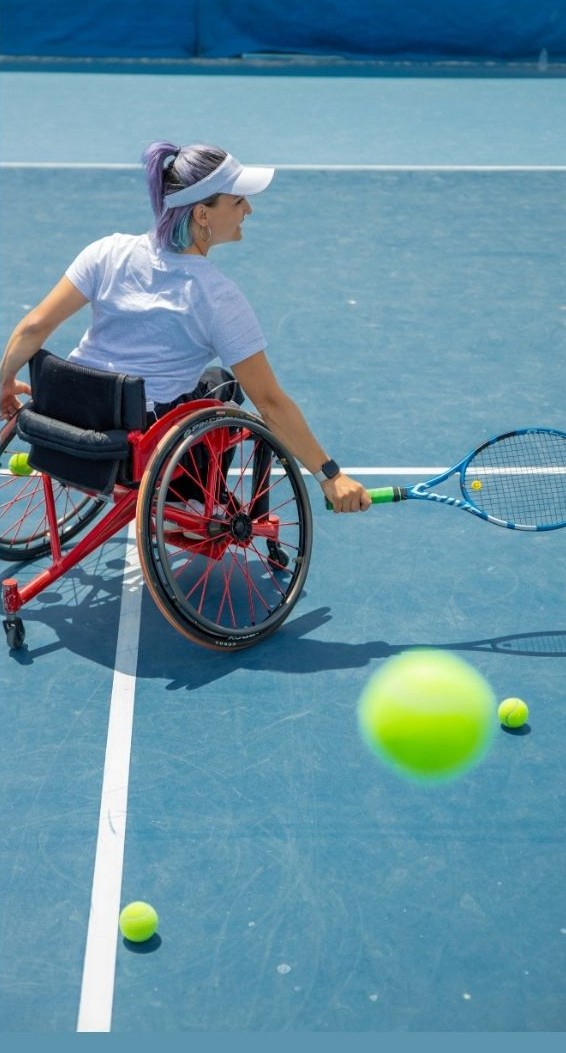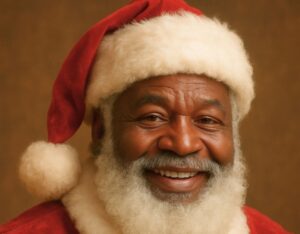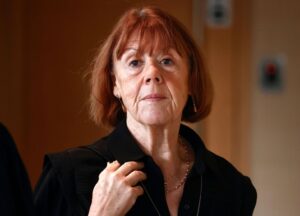By Francisca Sinjae
For too long, stories about disabled women have followed a tired script, one where they are either framed as tragic heroines overcoming suffering, or noble caretakers who sacrifice dreams for survival. Rarely are they centered as powerful agents of reinvention, shaping culture, sports, fashion, and the way we define ability itself. But there’s a new narrative rising, bold, beautiful, unapologetic, and women with disabilities are leading it.
These women aren’t asking for seats at the table. They’re redesigning the whole architecture.
Let’s start on the global stage, THE PARALYMPICS, where strength, and endurance, aren’t metaphors but daily rituals.
Oksana Masters, a Ukrainian born American Paralympian who’s conquered multiple sports rowing, cross country skiing, biathlon, and cycling. She was born with limb differences caused by radiation exposure, adopted into the U.S, and raised by a single mother. Today, she’s a multi medal winning athlete and living proof that ability isn’t defined by symmetry or expectation, but by tenacity and reinvention.
Oksana doesn’t just race she speaks out. She uses her platform to challenge beauty norms, ableist narratives, and what it means to be an elite athlete. “I don’t want to be called ‘inspirational’ just because I exist,” she once said. “Call me inspirational because I train, compete, and win.” That’s a narrative shift: from passive admiration to active celebration.
In Nigeria, Lauritta Onye nicknamed “Lauretta the Shot Put Queen” has redefined what it means to be a strong African woman. The petite Paralympian shocked the world when she won gold at the Rio 2016 Paralympics, beating competitors nearly twice her size. But it wasn’t just her victory that made headlines, it was the dance that followed. A full on joyful, celebratory shuffle that said: I didn’t just win. I own this moment. And she did, with her entire being. She turned victory into performance, athleticism into art.
But the story doesn’t stop at the finish line or the podium. Beyond sports, disabled women are transforming industries that have historically shut them out especially fashion and design.
Cue Sinéad Burke, an Irish academic, activist, and powerhouse who, at 3’5″, has completely shifted the way the world sees inclusivity in fashion.
Sinéad, born with achondroplasia (a form of dwarfism), has become a global voice for accessible design. She’s spoken at Davos, sat front row at Gucci, and been featured on the cover of British Vogue. But it’s not just about appearances. Burke co-founded Tilting the Lens, an accessibility consultancy that works with global brands to embed inclusion into their design ethos not as a checkbox, but as a core principle.
“I’m not small. The world was built big,” she says. Her entire philosophy is rooted in one truth: disability is not a lack of ability, it’s a mismatch between people and systems. In reframing disability as a design issue rather than a personal flaw, Sinéad is not only rewriting the narrative, she’s offering blueprints for new ones.
Jessica Cox, the first licensed pilot in the world born without arms. She flies planes with her feet. She also drives, surfs, types, and runs a foundation that advocates for equal access for people with disabilities. Jessica challenges outdated ideas about what disabled women can or can’t do, especially in areas like parenting, aviation, and leadership. Her life is not a metaphor. It’s motion, precision, and skill in action.
None of these women are asking for applause. They’re asking for infrastructure, access, collaboration, and a seat at the decision making table. They’re not “overcoming”, they’re just doing the work. Whether it’s launching javelins, designing inclusive collections, or speaking truth to power, they are pushing the world forward. On their own terms.
There’s no “despite” in their stories. Not successful despite disability. Not confident despite adversity. Just successful. Just confident. Just women showing up in full form and demanding the world adjusts its lens, not them.
These women aren’t rewriting the rules. They’re writing entirely new ones.







